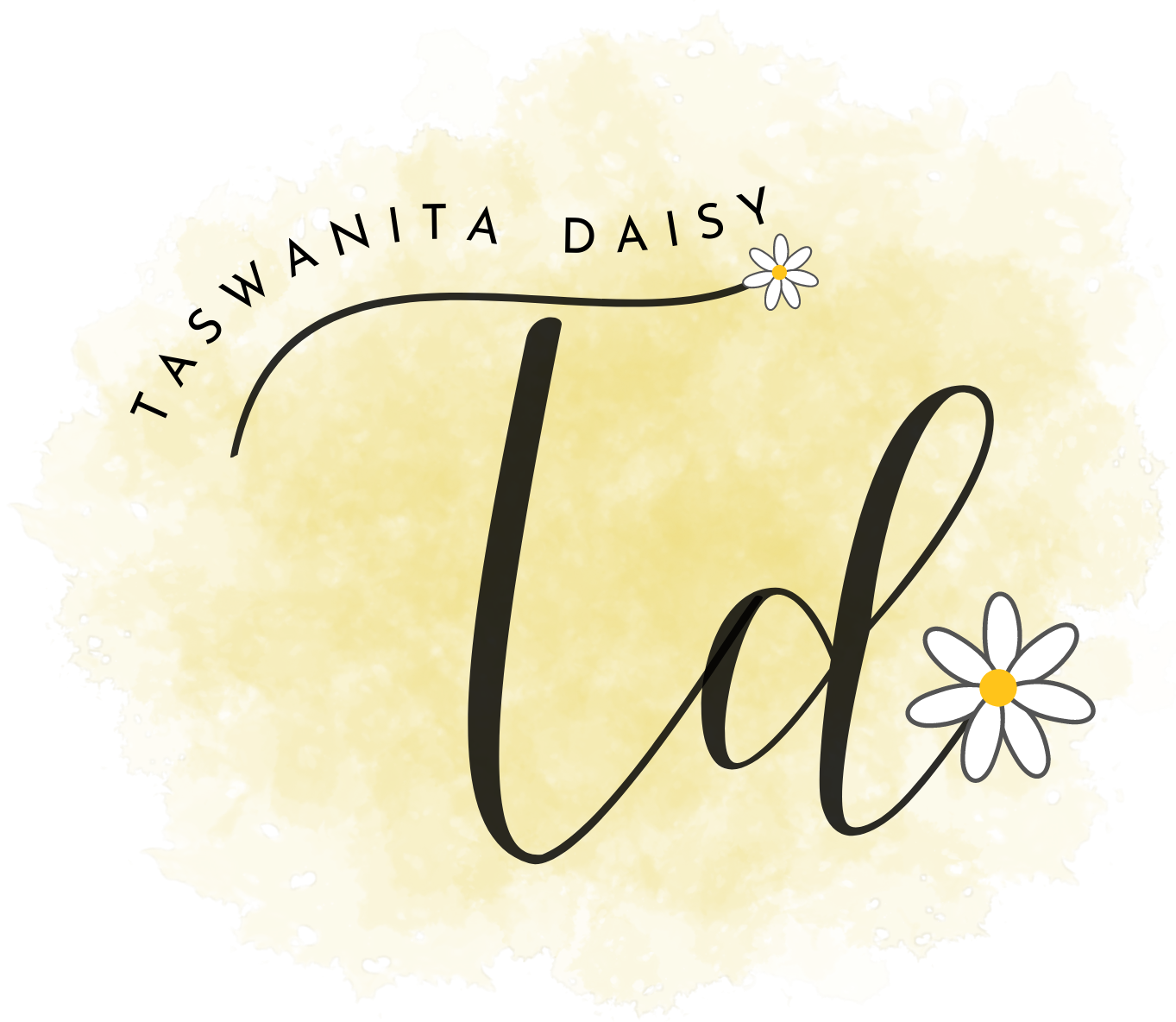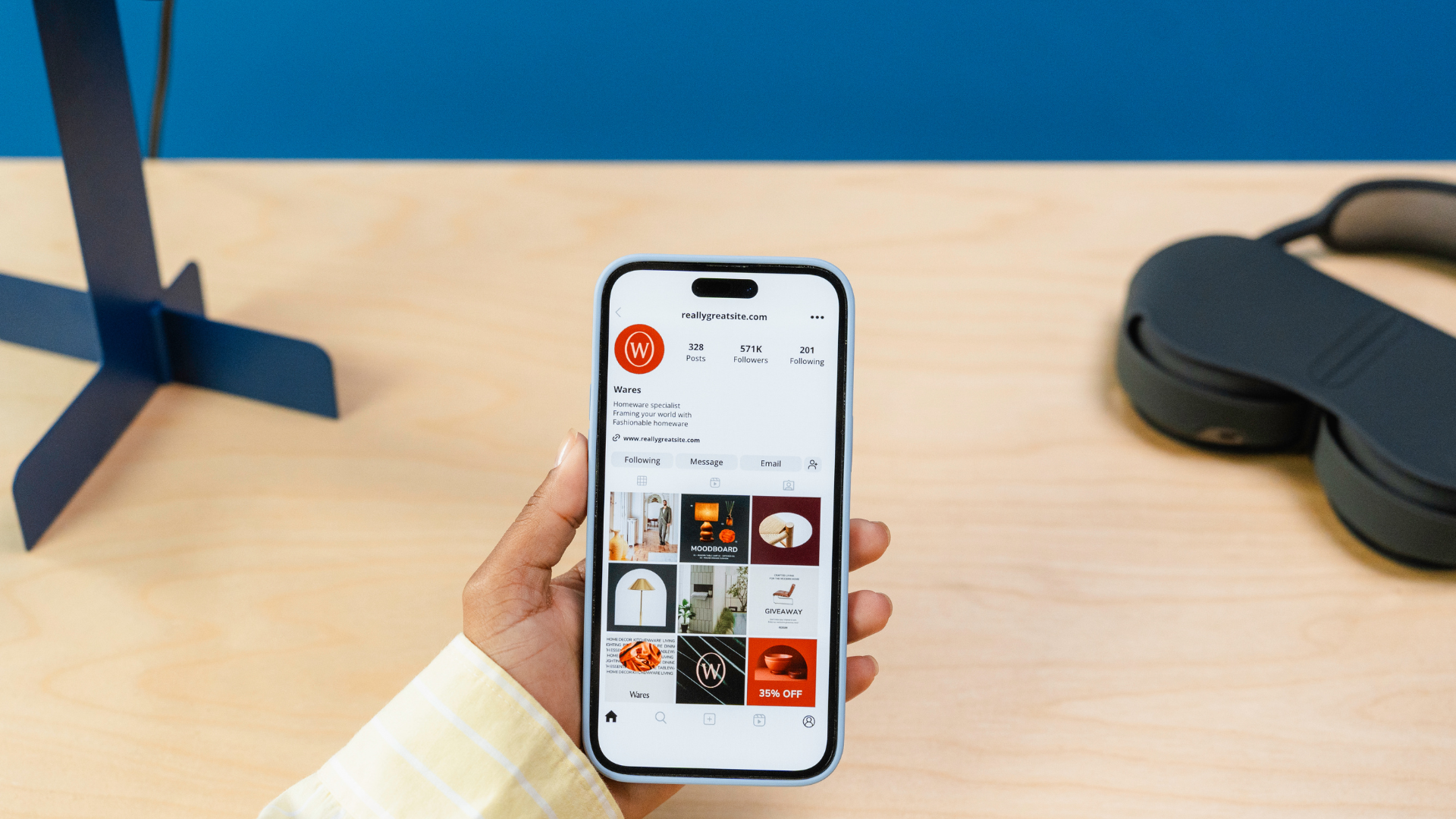Social media has become a powerful tool in shaping cultural awareness around the globe. Through platforms like Twitter, Instagram, and Facebook, individuals can easily share experiences, narratives, and traditions from diverse backgrounds. This exchange fosters a greater understanding of cultural differences and promotes empathy among users.
As people engage with various cultures online, they encounter perspectives that challenge their own, leading to increased awareness of global issues. Social media acts as a bridge, connecting communities that might never interact in person. It’s evident that this digital landscape not only broadens horizons but also encourages dialogue and education about cultural diversity.
The rise of influencers and cultural advocates on social media amplifies voices that might be marginalized, allowing for a richer tapestry of cultural representation. This dynamic environment opens opportunities for cultural exchange, making it essential for individuals to navigate and engage with these platforms thoughtfully.
The Role of Social Media in Shaping Cultural Awareness
Social media platforms play a significant role in enhancing cultural awareness by facilitating connections across diverse backgrounds, influencing perceptions of cultural differences, and breaking down stereotypes. These functions contribute to a more informed and empathetic global community.
Facilitating Global Connections
Social media enables users to connect with individuals from different geographical and cultural backgrounds. Platforms like Facebook, Instagram, and Twitter allow users to share experiences, traditions, and customs that may be unfamiliar to others.
These connections foster real-time interactions that transcend barriers. Individuals can engage in discussions about cultural practices, celebrations, and daily life, promoting deeper understanding and appreciation.
For example, users can participate in global events, share personal stories, and collaborate on projects that highlight cultural diversity. This interaction nurtures a sense of global citizenship while enhancing awareness and respect for varying cultures.
Influencing Understanding of Cultural Differences
The representation of diverse cultures on social media significantly influences users’ understanding of cultural differences. Content shared online, ranging from educational posts to entertaining videos, can help demystify practices that may seem alien.
This exposure promotes curiosity and encourages users to learn more about each other’s traditions and values. Social media campaigns often showcase cultural celebrations or highlight pressing social issues, allowing for greater dialogue around differences.
By using hashtags and initiatives, influencers and organizations can amplify voices that are often marginalized. This creates a platform for discussion about diversity and social norms, fostering a greater understanding among users.
Breaking Down Stereotypes and Promoting Equity
Social media has the power to challenge and debunk stereotypes that perpetuate bias against certain cultural groups. Users can share counter-narratives that offer authentic representations of their cultures, which can help dismantle preconceived notions.
Campaigns aimed at equity use social media to highlight social injustices and advocate for underrepresented communities. This can mobilize support and raise awareness about the importance of equity in addressing systemic problems.
Through visuals, storytelling, and shared experiences, social media fosters conversations that confront stereotypes head-on. By engaging with diverse content, users can critically evaluate their perceptions and contribute to a more inclusive digital landscape.
Popular Social Media Platforms and Their Cultural Impact
Various social media platforms play significant roles in enhancing cultural awareness. They provide spaces for cross-cultural dialogue, facilitate the spread of global perspectives, and visualize diverse cultural expressions. The following sections explore the contributions of Facebook, Twitter, and Instagram in these areas.
Facebook’s Contribution to Cross-Cultural Dialogue
Facebook serves as a major platform for cultural exchange. Users from diverse backgrounds share experiences, traditions, and values, fostering an understanding of global cultures. Groups and pages dedicated to specific cultural themes allow individuals to engage in meaningful discussions. For example, cultural festivals and events find their audience through shared posts and events.
Facebook’s algorithm also promotes content from various regions, allowing users to encounter cultural narratives they may not have encountered otherwise. This leads to increased empathy and awareness among users regarding cultural distinctions and commonalities.
Twitter and the Spread of Global Perspectives
Twitter’s fast-paced environment allows for the quick dissemination of ideas and cultural insights. Hashtags play a crucial role in uniting conversations around global events and cultural movements. Users often follow accounts from different countries, exposing themselves to diverse viewpoints. This can challenge preconceptions and broaden one’s understanding of issues affecting various cultures.
Moreover, Twitter facilitates real-time conversations about social justice, human rights, and cultural identity. Users can participate in trending discussions, amplifying voices that might otherwise be overlooked in traditional media.
Instagram’s Role in Visualizing Culture
Instagram focuses heavily on visual storytelling, making it a valuable tool for cultural representation. Users share photographs and videos that highlight their cultural practices, food, and art forms.
Through the use of hashtags, users can discover various cultural lenses and expressions. For instance, tags like #CulturalHeritage or #FoodFromAroundTheWorld provide accessible pathways to experience cultural diversity.
Additionally, influencers promote cross-cultural understanding by collaborating with creators from different backgrounds. This collaboration helps in showcasing unique customs, traditions, and ways of life, enriching the audience’s perspective on global diversity.
Positive and Negative Effects on Individuals and Society
Social media plays a dual role in shaping cultural awareness and societal norms. It fosters cultural adaptation while simultaneously presenting challenges related to individualism and mental health.
Encouraging Cultural Adaptation and Broader Social Norms
Social media platforms facilitate cultural adaptation by exposing individuals to diverse customs and practices. Users can engage with communities worldwide, gaining insights into different lifestyles, traditions, and viewpoints.
This exposure promotes empathy and understanding, enabling users to challenge stereotypes and preconceived notions. As a result, social norms can shift, allowing for greater acceptance of diversity. Content that showcases varied cultural practices encourages participation in cross-cultural exchanges.
The inherent ability of social media to network groups facilitates movements leaning toward equality, tolerance, and cultural appreciation. This active engagement broadens perspectives and enriches societal discourse, fostering a more cohesive global community.
Challenges: Individualism, Isolation, and Mental Health
While social media can enhance cultural awareness, it also encourages individualism at the expense of community connection. As users curate their online personas, they may prioritize personal achievements over communal interests.
This focus can lead to feelings of isolation, as meaningful interactions become replaced by superficial engagements. Studies indicate a link between extensive social media use and mental health issues, such as depression and anxiety. Users may experience reduced self-esteem when comparing their lives to curated content.
Moreover, individualism can contribute to echo chambers, where dissenting voices are excluded. Such environments may hinder genuine cultural exchange and reinforce stereotypes. Recognizing these pitfalls is essential to enhancing the benefits of social media.
Managing Personal Information and Online Identities
Navigating personal information on social media is crucial for maintaining a healthy online identity. Users often share details that may unintentionally reveal vulnerabilities, making them susceptible to online harassment or exploitation.
Control over shared content is essential for personal privacy, as oversharing can lead to anxiety and impact self-esteem. Users should remain vigilant about the digital footprint they create, which could affect opportunities in employment or social relations.
The management of online identities also intersects with cultural awareness. Misrepresentations can occur if users adopt personas that do not align with their actual self. This dissonance can perpetuate stigma, especially related to issues like eating disorders and mental health struggles, further complicating personal and social dynamics.





